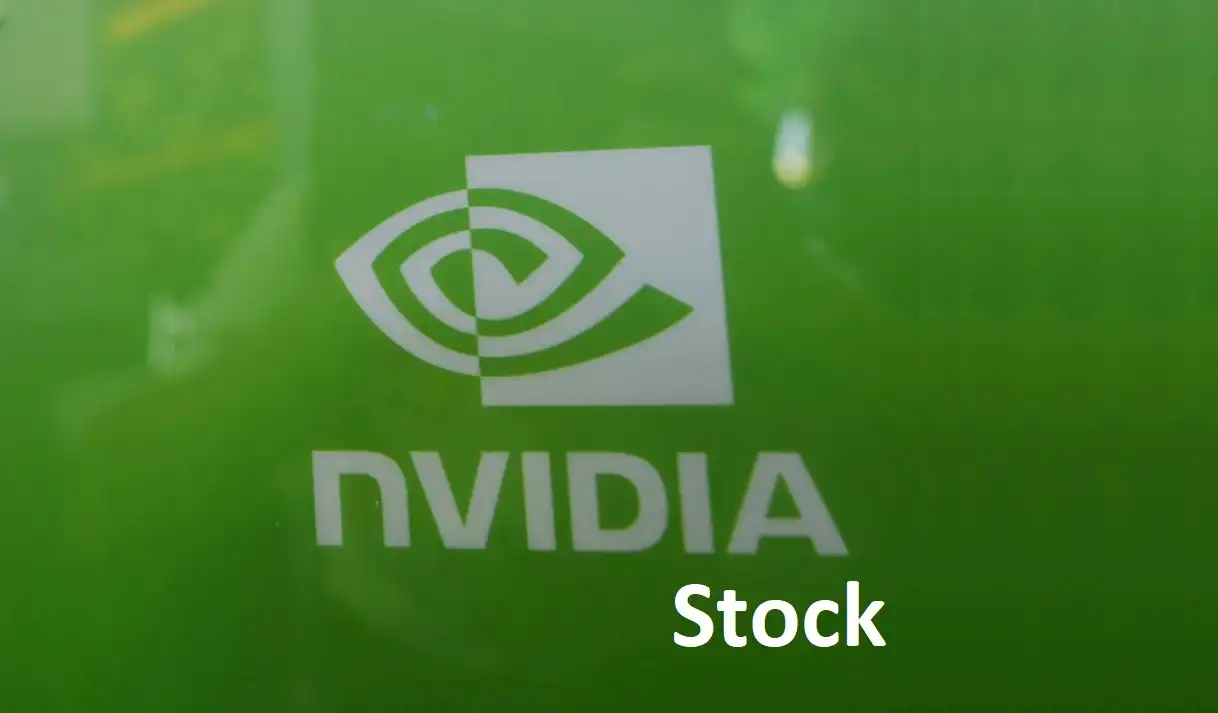|
Getting your Trinity Audio player ready...
|
Nvidia Corporation, the undisputed leader in artificial intelligence (AI) chips, finds itself at a crossroads. Despite record-breaking revenues and a soaring Nvidia stock price, the Santa Clara-based company is grappling with increasing competition and regulatory scrutiny that threaten to chip away at its market dominance.
Record-Breaking Performance Amidst Growing Concerns
Nvidia recently announced its Q2 2024 financial results, surpassing Wall Street expectations with a staggering $19.2 billion in revenue, marking a 110% increase year-over-year. This exceptional performance was primarily driven by the insatiable demand for AI chips, particularly in data centers and cloud computing infrastructure.

CEO Jensen Huang expressed optimism about the company’s future, stating,
The era of accelerated computing and generative AI has arrived. Our strong performance reflects the broad industry adoption of our platforms.
However, industry analysts are raising concerns about Nvidia ability to maintain its breakneck growth. Sarah Thompson, a senior tech analyst at Morgan Stanley, warns,
While Nvidia current position is enviable, the company faces increasing challenges from both established players and new entrants in the AI chip market.
Intensifying Competition in the AI Chip Arena
Nvidia dominance is being challenged on multiple fronts:
- AMD’s Resurgence: Advanced Micro Devices (AMD) has made significant strides with its MI300 series of AI accelerators, gaining traction among major cloud providers and cutting into Nvidia market share.
- Intel’s AI Push: Intel’s renewed focus on AI with its Gaudi3 chips has started to bear fruit, with the company securing key partnerships in the automotive and edge computing sectors.
- Cloud Giants’ In-House Efforts: Tech behemoths like Google, Amazon, and Microsoft have ramped up their efforts to develop custom AI chips, potentially reducing their reliance on Nvidia products.
- Emerging Startups: A new wave of AI chip startups, backed by substantial venture capital, is introducing innovative architectures that promise better performance and energy efficiency than traditional GPUs.
Regulatory Headwinds and Geopolitical Tensions
Nvidia challenges extend beyond market competition. The company is navigating an increasingly complex regulatory landscape:
- Antitrust Scrutiny: The U.S. Federal Trade Commission has launched an investigation into Nvidia licensing practices and potential anti-competitive behavior in the AI chip market.
- Export Restrictions: Ongoing geopolitical tensions have led to tighter export controls on advanced semiconductors, impacting Nvidia ability to sell its top-tier chips to certain markets, particularly China.
Nvidia Strategic Response
In response to these challenges, Nvidia is doubling down on innovation and diversification:
- Next-Gen Architecture: The company is reportedly fast-tracking the development of its next-generation GPU architecture, codenamed “Blackwell,” promising unprecedented AI performance and energy efficiency.
- Software Ecosystem Expansion: Nvidia is heavily investing in its CUDA software platform, aiming to create a more comprehensive and user-friendly ecosystem for AI developers.
- Vertical Integration: Following the failed acquisition of Arm Holdings, Nvidia has hinted at plans to develop its own CPU designs to offer more integrated AI solutions.
- Diversification into New Markets: The company is aggressively pushing into emerging sectors such as autonomous vehicles, robotics, and the metaverse to reduce its reliance on the data center market.
The Road Ahead
As Nvidia navigates these turbulent waters, the tech industry watches with bated breath. The company’s ability to innovate, adapt to regulatory challenges, and fend off competition will be crucial in maintaining its leadership position in the AI chip market.
Dr. Lisa Chen, Director of AI Research at Stanford University, offers a balanced perspective:
Nvidia contributions to the field of AI have been immense, but the landscape is evolving. The next few years will be critical in determining whether Nvidia can continue to lead or if we’ll see a more diversified ecosystem of AI chip providers.
As the AI revolution continues to reshape industries worldwide, Nvidia journey serves as a microcosm of the broader challenges and opportunities in the tech sector. The coming months will be crucial in determining whether the company can maintain its dominant position or if we’re on the cusp of a new era in AI chip leadership.
For More News Update Visit California News



